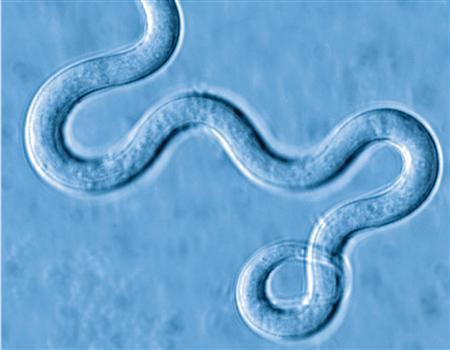Twenty-four school children infected
Kathmandu, August 17
Twenty-four students from among 73 schools in Kathmandu district were found infected with lymphatic filariasis, commonly known as elephantiasis, a mosquito-borne parasitic disease that damages the lymphatic system.
The Epidemiology and Disease Control Division revealed the findings after conducting a survey of 3,150 school children.
Six of the infected students are from Kalimati and one is from Purano Guheshwori. Though medicines have been
provided it is a challenge for the country as the government has aimed to eliminate the disease by 2020, said Pradip Rimal, programme officer at Lymphatic Filariasis Elimination Programme, EDCD.
“We have only one year left and people are still suffering from the disease. Mosquitoes causing the disease are here and the infected children too are here. The children’s parents and people living in the same society were not included in the study. More people could be suffering as infected children live in the same community. There are high chances
of the disease spreading because the mosquito that causes the infection and patients are both here, he said.
EDCD conducted Transmission Assessment Survey II in 12 districts — Kathmandu, Lalitpur, Bhaktapur, Kaski, Arghakhanchi, Pyuthan, Rolpa, Rukum, Salyan, Siraha and Saptari.
It conducted Transmission Assessment Survey III in 14 districts — Ramechhap, Sindhupalchowk, Kavrepalanchowk, Nuwakot, Dhading, Gorkha, Tanahun, Syangja, Palpa, Dhanusha, Sindhuli, Mahottari, Sarlahi and Rautahat.
The division conducted a survey of 23,000 students of the age group six to seven in 26 districts across the country.
TAS II was done two years after completing the mass drug administration whereas TAS III was done six years after completing mass drug administration.
“The reports reveal that educated people have taken the health problem lightly and haven’t taken drugs against the disease. Mass awareness is necessary,” he said.
Besides the elimination programme, anti-filariasis drugs Diethyl Carbamazine and Albendazole, are administered to people in the mass drugs administration campaign.
Mass drug administration was stopped in 48 out of 63 districts. It was implemented in 15 districts across the country in 2019.
The infection spreads from person to person through the culex mosquito. The adult worm lives in human lymph vessels, mates, and produces microfilariae or microscopic worms, which circulate in the person’s blood. When a mosquito bites an infected person it gets infected. Microfilariae grow and develop in the mosquito. When that mosquito bites another person, the larval worms pass from the mosquito into the human, said AnupBastola, consultant tropical medicine physician at Shukraraj Tropical and Infectious Disease Hospital, Teku.
When lymphatic filariasis becomes chronic, it leads to lymphoedema (tissue swelling) or elephantiasis (skin/tissue thickening) of limbs, hydrocele (scrotal swelling) and swelling of breasts and genitals.






